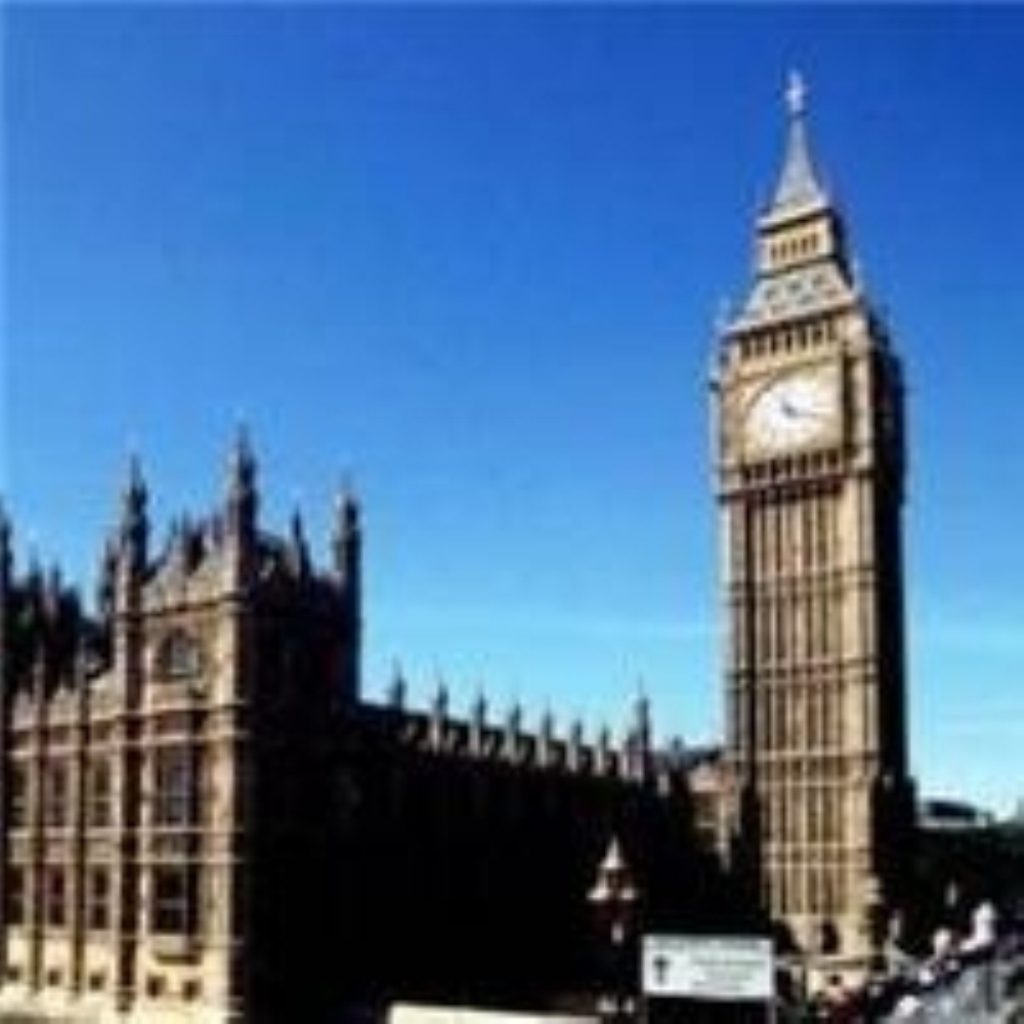Second chance for MPs’ FoI exemption
Legislation that would exempt MPs from the Freedom of Information (FoI) Act will gain a second chance of passing into law this week.
In a highly atypical move, Conservative MP David Maclean’s private members’ bill will return to the Commons just a week after being ‘talked-out’.
The bill would exempt MPs from the FoI Act. Mr Maclean argued it is necessary to protect constituents’ privacy and maintains that information such as travel expenses would still be made available.
However, critics maintain that MPs’ private correspondence is already exempt under the existing terms of the FoI Act. They raise concerns that Mr Maclean’s bill is part of a wider trend away from parliamentary scrutiny.


They succeeded in ‘talking out’ the bill during its hearing last week and it was returned to the bottom of the pile. Unusually, the six bills above it are not ready so the bill will return to the Commons after just one week.
It is highly unusual for a private members’ bill to pass into law without government backing and even to pass this many stages is notable.
Liberal Democrat MP Norman Baker accused the government of “colluding” with Mr Maclean to “wreck” the FoI act. He argued: “This is outrageous. If the government has any decency it will block it.”
President of the Liberal Democrats Simon Hughes called on the government to confirm where it stands on the issue.
“If the government continues to sit on the fence when Freedom of Information is at risk they deserve to be attacked from right, left and centre,” Mr Hughes said.
“Opponents of David Maclean’s bill give a warning now that we will redouble our efforts to block it if it comes back to the House of Commons this Friday.”
Labour MP David Winnock is among the critics of the bill and pledged to oppose it again this Friday. He said that it would be the “height of hypocrisy” if parliament were to exempt itself from FoI after having passed the act.
However, Mr Maclean maintains his bill has a benign intent. “When we write on behalf of constituents… we must be able to look them in the eye and say that in all circumstances what they tell us will not get out,” he told MPs.
“It is like the relationship with a priest. We will write to an authority with their problem, but we guarantee that that information will not be leaked by us, or get into the public domain.”









